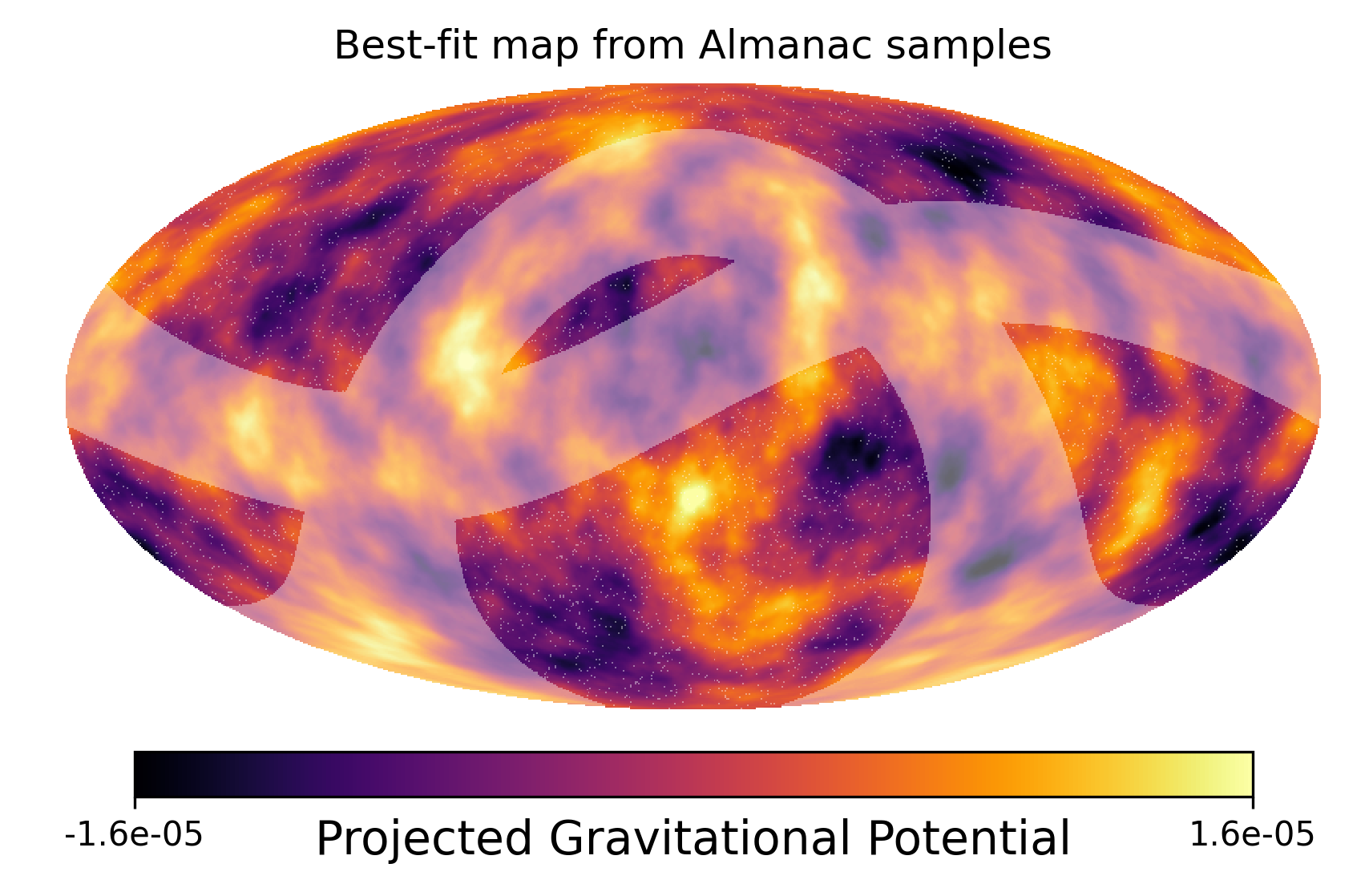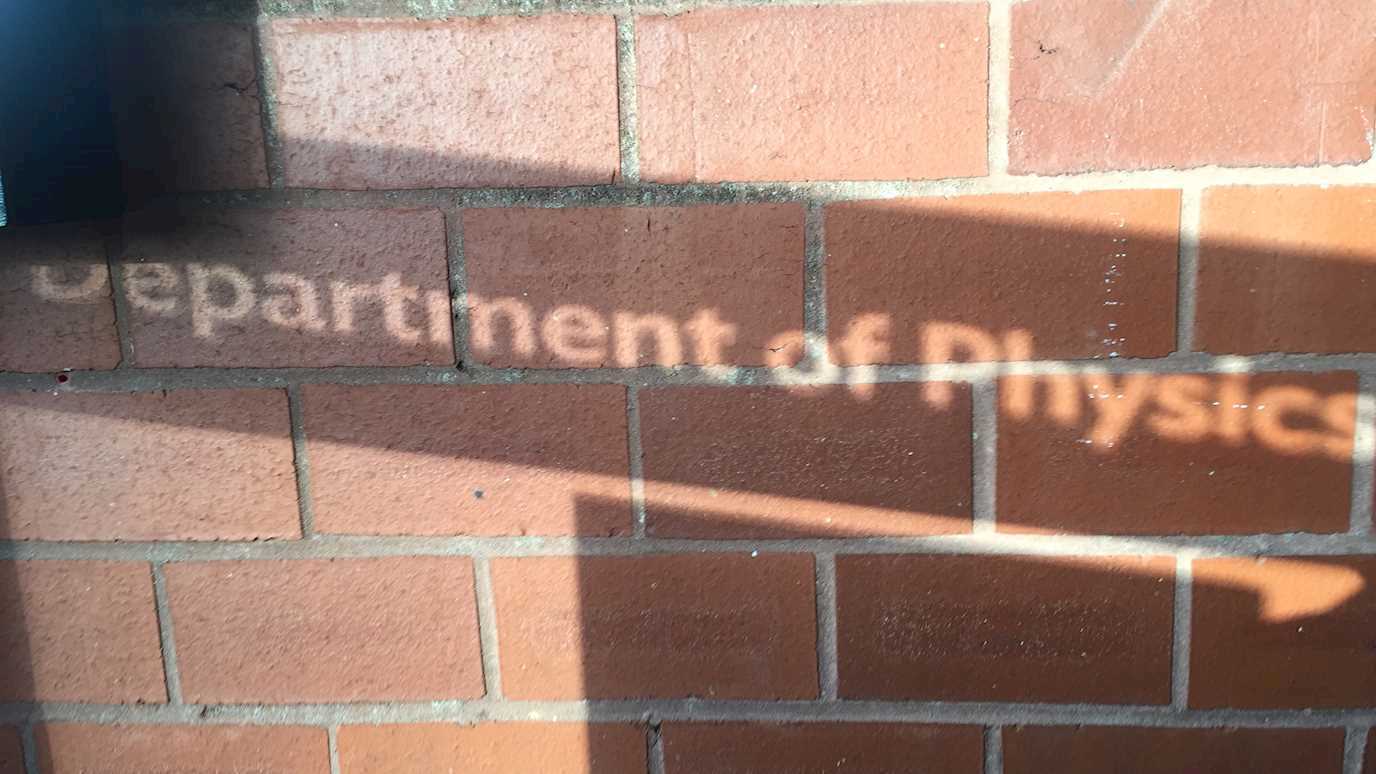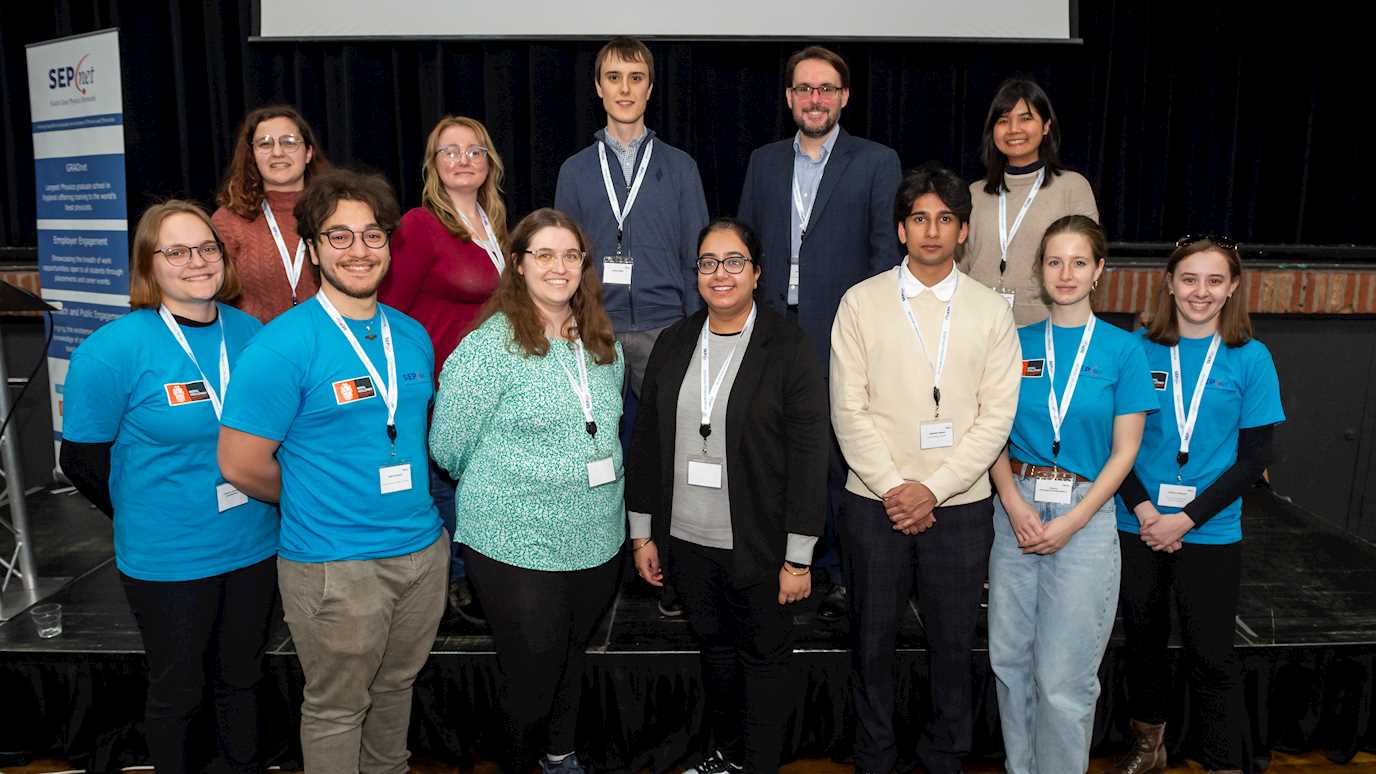Dr Arthur Loureiro
Field-level inference — the direct statistical reconstruction of cosmological fields from observational data — is emerging as a transformative paradigm for next-generation galaxy surveys like Euclid, LSST, and DESI. Unlike traditional summary statistics, this approach infers latent fields (e.g. matter density, weak-lensing convergence) and their uncertainties directly, leveraging the full information content of the data to break degeneracies in cosmological parameters. In this talk, I contrast two Bayesian frameworks enabling this paradigm: Almanac, a hierarchical method for joint reconstruction of full-sky fields and their power spectra from masked, noisy data; and BORG, which uses physics-based priors from structure formation to infer the initial conditions of the Universe. Building on Almanac’s model, we introduce FLINCH, an extension that propagates field-level inference to cosmological parameter space. By enabling differentiable end-to-end inference, FLINCH improves cosmological constraints by up to 40% compared to conventional summary-statistic analyses. Together, these advances demonstrate how scalable Bayesian frameworks can unify data and theory, maximising the scientific return of the upcoming “New Era” of cosmic surveys.


























